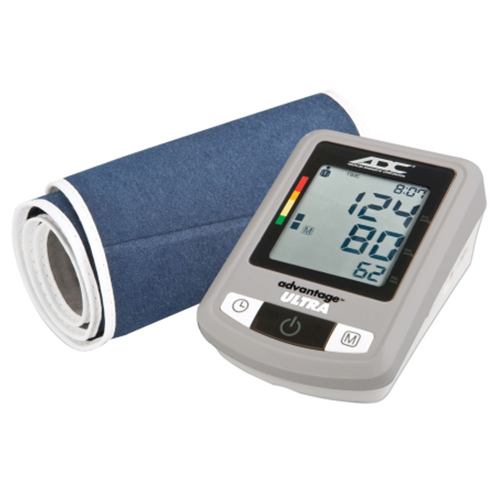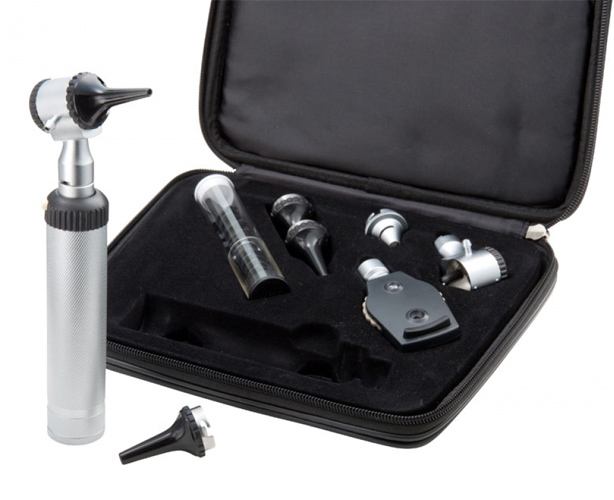
Please choose a body region on the right for you to pin point the problem area of your body.

Shop by Condition

Shop by Brand
Do you need an annual physical? Not all doctors agree on this anymore. However, you at least need to have a benchmark for your health so if you have not had an annual physical in a while, perhaps this month is the time to do it.

It’s better to check things out and try to prevent disease and illness before problems escalate. If you have raised a family, you have scheduled visits to the doctor for everyone along the way. Many women, however, put themselves on the back burner when it comes to health and skip doing necessary screenings.
Now is the time to not forget about yourself. Use September is Healthy Aging ® Month as an inspiration to take charge of your personal health.
According to the Centers of Disease Control and Prevention, seven out of 10 deaths among Americans each year are from chronic diseases (such as cancer and heart disease), and almost one out of every two adults has at least one chronic illness, many of which are preventable.
Rusty on what screenings you should be getting? Here’s a partial list from the National Institutes of Health of what you need to check.
Pick up the phone now and schedule those pesky screenings. You’ll be glad you did and that you can put them behind you for another year!
Annually
Every 5 years (unless you have diabetes, heart disease, kidney problems or other conditions)
Until age 75, you should be screened for colorectal cancer. There are several screening tests available. Some common screening tests include: A fecal occult blood test every year, Flexible sigmoidoscopy every 5 years, along with a fecal occult blood test every 3 years, colonoscopy every 10 years
Once or twice a year for an exam and cleaning.
If you are age 65 or older and in good health, you should be screened for diabetes every 3 years. If you are overweight and have other risk factors for diabetes, ask your provider if you should be screened more often.
Have an eye exam every 1 to 2 years.
Have your hearing tested if you have symptoms of hearing loss.
If you are over age 65, it’s recommended that you get a pneumococcal vaccine if you have never had one, or if you received one more than 5 years before you turned 65. Get a flu shot every year. Get a tetanus-diphtheria booster every 10 years.
Women up to age 75 should have a mammogram every 1 to 2 years, depending on their risk factors, to check for breast cancer. Experts do not agree on the benefits of having a mammogram for women age 75 and older. Some do not recommend having mammograms after this age.
All women over age 64 should have a bone density test (DEXA scan).
After age 65, most women who have not been diagnosed with cervical cancer or precancer can stop having Pap smears as long as they have had 3 negative tests within the past 10 years.
| Stay Connected! | |
|
|
|
Related Articles
< Getting your Home Ready for an Outpatient
< How to Save with a Flexible Spending Account (FSA)
< Significant Weight Loss in Alzheimer's Patients and How the Color Red Can Help
Get $10 off your next order when you sign up to receive our email newsletter.*
Simply enter your email address below!
*Minimum order value of $100. Valid email address to qualify.









